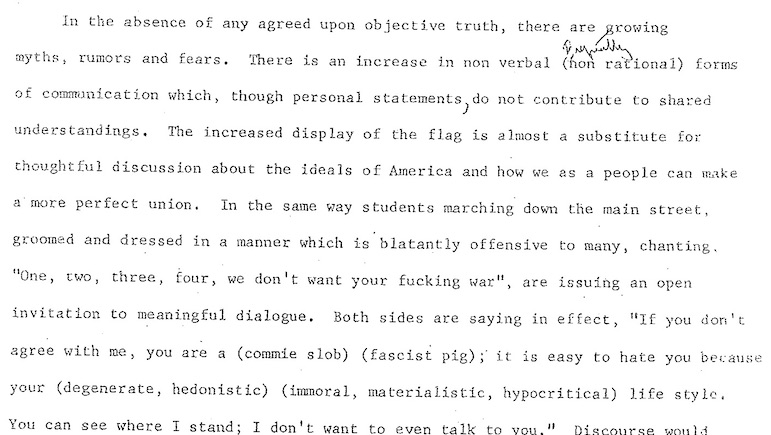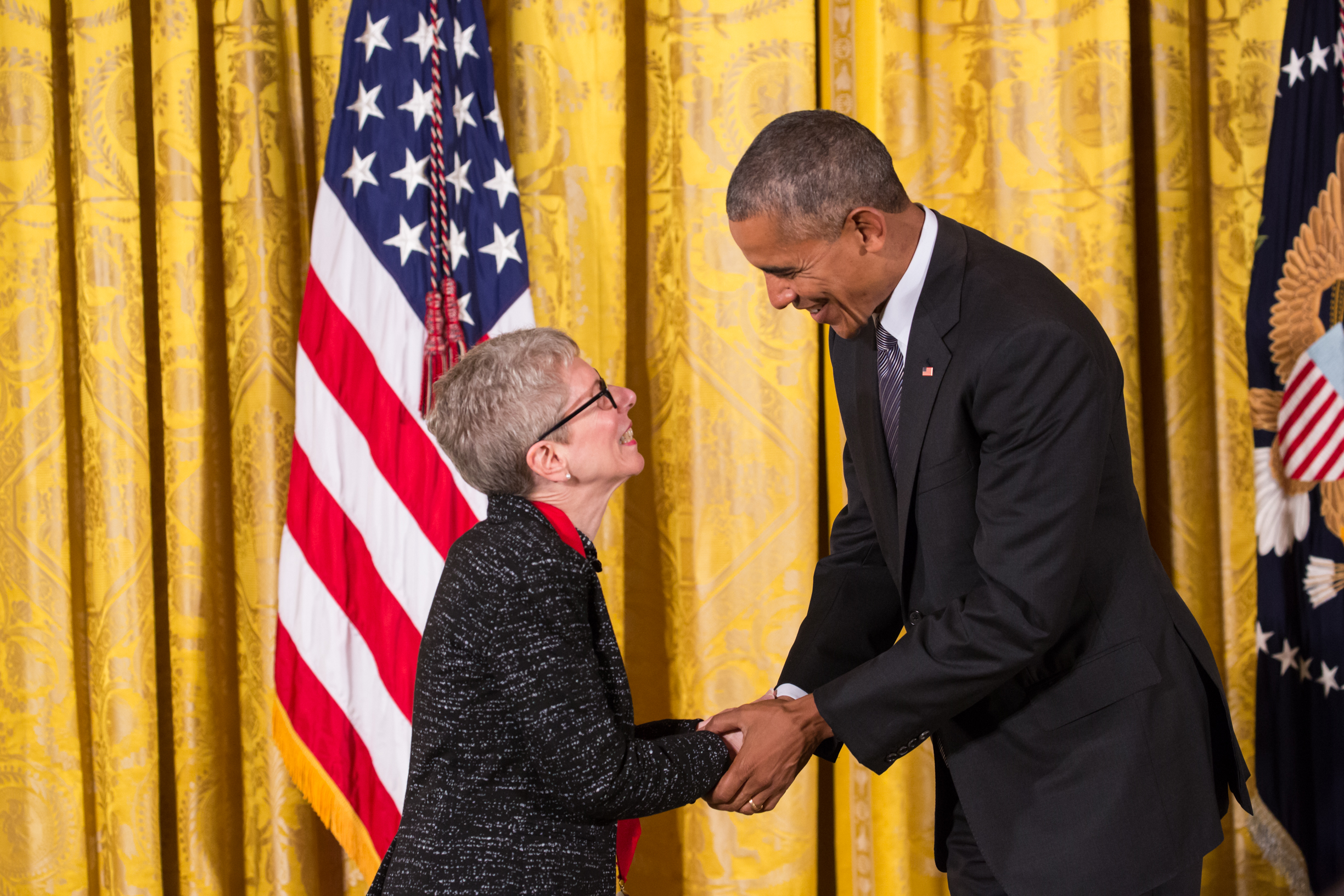Tag: Fresh Air
Appeals court rejects defamation suit by right-wing journalist against NPR, Yahoo News
Matthew Couch, founder of the news website D.C. Patriot, had spread conspiracy theories about the 2016 murder of Democratic National Committee employee ...Read this shockingly prescient 1970 mission statement for the precursor to NPR’s ‘Fresh Air’
In a previously unpublished grant application, NPR founding father Bill Siemering proposed a show on WBFO in Buffalo, N.Y., "growing out of ...Terry Gross: ‘I wouldn’t have had a radio career had I gotten in later’
In an interview for our podcast, the "Fresh Air" host looked back at how she got started in public radio, interviewing Gene ...‘The Pub’ #104: Terry Gross turns the tables
Hear a wide-ranging conversation with the "Fresh Air" host about the big issues facing public media.‘Fresh Air’ host Terry Gross awarded National Humanities Medal
A citation noted Gross’s “artful probing of the human experience.”WHYY awarded grant to archive 38 years of Fresh Air
Around 8,000 episodes of Fresh Air will be made available to the public in 2016.Friday roundup: KCRW breaks ground on new headquarters, Vme adds SuperLatina
Plus: Kickstarter launches a journalism category, and Hillary Clinton faces off with Terry Gross.Stirring musical piece blooms from Sendak’s words on Fresh Air
Author Maurice Sendak may be gone, but his final interview on public radio’s Fresh Air will live on through a unique choral composition.Friday roundup: WUGA cuts local programming; channel sharing is “feasible”
• WUGA-TV in Athens, Ga., is cutting all local programming from its schedule and eliminating six staff members as of June 30, the ...Fresh Air returning to daytime in Mississippi
Fresh Air will air during daytime hours on MPB’s Think Radio network for the first time since 2010, when the network’s then–Executive Director Judith ...Sendak remembrance pairs illustrations with Fresh Air clip
As part of its annual “The Lives They Lived” issue, a collection of obituaries for people who passed away during the previous ...MPB fires reporter for leaking Fresh Air memo
There’s one more voice that’s off the air of Mississippi Public Broadcasting following the state network’s cancellation of Fresh Air. Carl Gibson, whose ...MPB listeners, blogosphere want to know: What’s inappropriate about ‘Fresh Air’?
Why did Mississippi Public Broadcasting drop Fresh Air from its radio schedule? The blog “A Unitarian Universalist Minister in the South” set ...








